The expectation of closing the 16.8% shortfall in the Nigeria financial inclusion target is threatened as the recent EFInA survey on financial services agents shows that percentage of agents who offer account opening services has decreased significantly since 2015. Agent banking is a key driver of financial inclusion and very useful in providing access to financial services, especially in underserved/unserved areas. The National Financial Inclusion Strategy identified agents as an important channel for achieving the financial inclusion target. The Shared Agent Network Expansion Facilities (SANEF) has been actively coordinating providers towards achieving the target of 500,000 agents by the end of this year. However, if agents are not driving account opening, it makes it harder to achieve the national financial inclusion target. This calls for an urgent need for financial service providers (FSPs) to address the factors driving this trend and offer more incentives to agents to facilitate account opening.
Additional challenges hindering agent operations and key recommendations
The study revealed that financial services agents lose about 2% of their recurring monthly cost to transactions associated with fraud. In recent times, agent banking business has been threatened by robbery, fraud, and harassments from law enforcement agencies. Some agents have been arrested and imprisoned for processing transactions linked to fraud unknown to them. FSPs need to invest more on agent training, especially on fraud prevention and management. Agents need to know how to identify, document and escalate to their principals any suspicious transaction.
Liquidity management is still a huge problem for agents. The report shows that 6 out of 10 agents run out of cash at least once per week, on average. This is unsurprising given the most patronised agent service is cash withdrawal. 66% of agents interviewed cannot access loans to manage the amount of money they have available to transact, which is referred to as “float.” To address this lingering challenge, providers need to seek partnerships with digital credit providers, banks, and others to unlock access to credit opportunities for agents. Super Agents can negotiate for bank partnerships to allow then access overdraft facilities or float loans – even if it means targeting weekend float loans to start as they monitor the performance of these loans. Beyond liquidity management issues, failed transactions and platform instability are the top challenges faced by agents. This has potential to affect trust, uptake, and usage of agent services. As such, there is need for stakeholders to collaboratively build initiatives to address this bottleneck.
The survey also revealed that 30% of agents are dedicated and are profitable. However, the guidelines for the regulation of agent banking and agent banking relationships in Nigeria states that an agent must be an entity that have been in legitimate commercial activity for at least twelve months immediately preceding the date of the application to become an agent and the business must be a going concern. Market information shows limited or no compliance from providers. The market realities are facilitating the evolution of the agency business from non-dedication to dedication, implying market maturity. This may be the right time for the regulator to review the existing guidelines to meet the current market reality.
Agents are determining the customer charges. About 2 out of 5 agents charge above the maximum fees prescribed by CBN. On the average, agent commission make up 55% of the price charged. Agents who charge extra fees reported that they do so to remain profitable and stay in business. The cost to serve differs across different locations and is driven by other factors such as seasonality, availability of alternative channels, operational cost, among others. Perhaps this is the right time for deregulation of agent pricing to allow for market-based pricing, which may encourage more widespread deployment of agents, particularly in difficult-to-serve remote areas with high rates of financial exclusion.
You can access the survey report on the EFInA’s website –https://www.efina.org.ng/media-room/efina-financial-services-agents-survey-dissemination-webinar/


